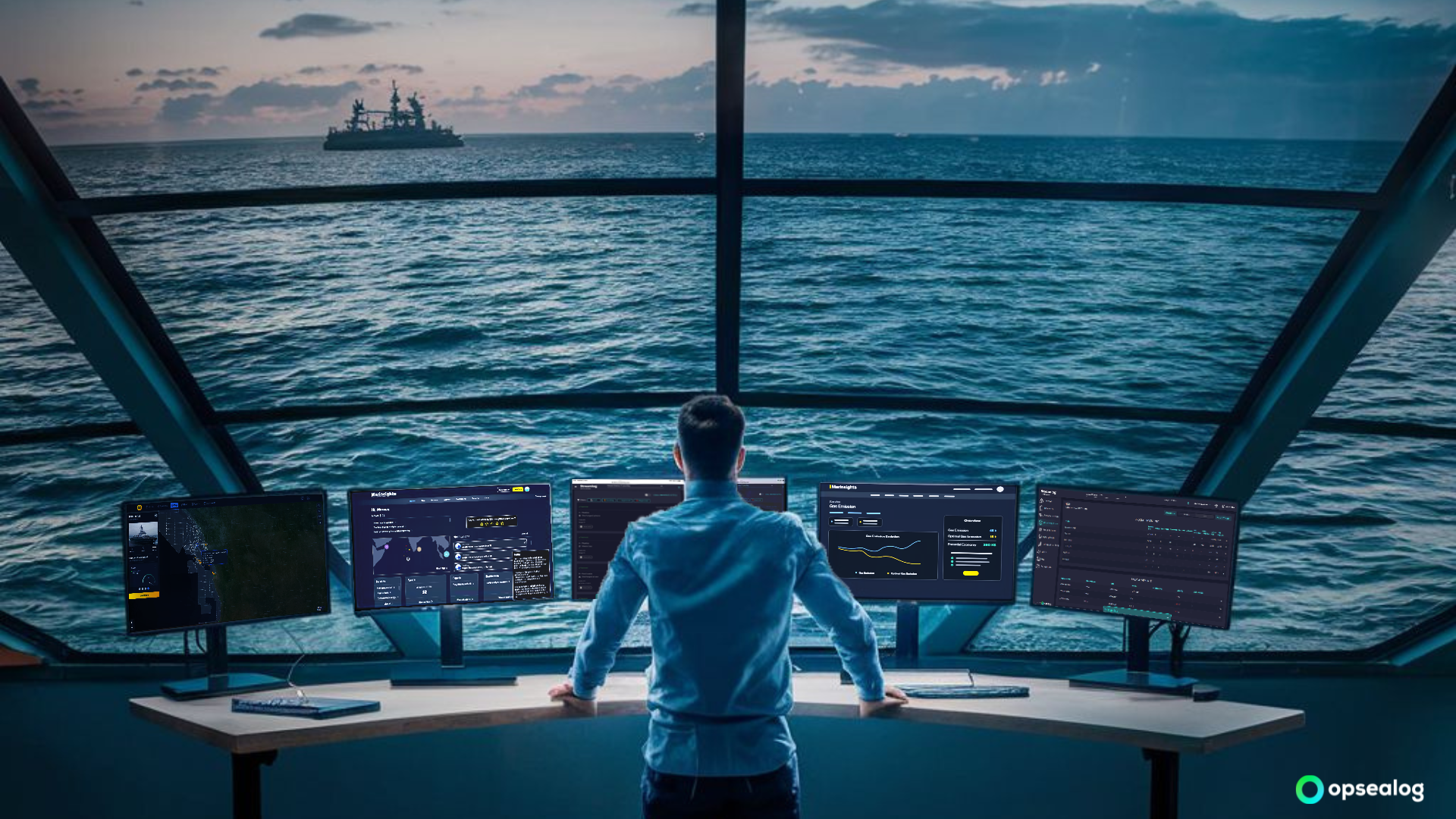In the ever-evolving landscape of maritime operations, fleet digitalization has become a cornerstone for efficiency, safety, and sustainability. While many aspects of this transformative technology are widely acknowledged, several underestimated facts hold significant potential for optimizing fleet management. Let’s delve into these lesser-known but impactful facts.
1. Data-Driven Predictive Maintenance
Fleet digitalization extends beyond mere data collection; it opens the door to predictive maintenance. Traditionally, maintenance has been a reactive process, addressing issues as they arise. However, with advanced data analytics, digitalized fleets can predict potential failures before they occur. By leveraging historical data and real-time monitoring, ship operators can implement preventive measures, minimizing downtime, and significantly reducing maintenance costs.
2. Crew Performance Optimization:
Beyond the automation of vessel operations, fleet digitalization enhances the collaboration between technology and human expertise. Crew performance optimization tools analyze data on crew activities, providing insights into productivity patterns and training needs. This not only ensures the well-being of the crew but also allows for tailored training programs, ultimately optimizing human-machine collaboration for safer and more efficient maritime operations.
3. Environmental Impact Mitigation:
While the primary focus of fleet digitalization is often efficiency and safety, its impact on environmental sustainability is often underestimated. Advanced analytics enable precise fuel consumption monitoring, emissions tracking, and route optimization. This, in turn, empowers ship operators to make informed decisions that reduce the environmental footprint of their fleets. By embracing digitalization, the maritime industry can actively contribute to a greener and more sustainable future.
Get more insights from Opsealog’s interview with Digital Ship
4. Cybersecurity Imperatives:
As vessels become increasingly connected through digital systems, the importance of cybersecurity cannot be overstated. Unfortunately, it’s an aspect often overlooked. Fleet digitalization brings forth the need for robust cybersecurity measures to protect vessels from potential cyber threats. Safeguarding digital assets at sea is as crucial as ensuring the physical safety of the vessel and its crew.
5. Scalability for Diverse Fleets:
One common misconception is that fleet digitalization is a one-size-fits-all solution. Digitalization offers scalable solutions that can be tailored to the unique needs of diverse fleets. Whether it’s a large cargo ship, a passenger vessel, or a fleet of offshore support vessels, digitalization technologies can be adapted to optimize specific operations. Recognizing this flexibility allows ship operators to harness the full potential of digital tools without imposing uniformity across their entire fleet.
As an example, take a closer look at monitoring and reporting on Cable-Laying vessels.
6. Integration with Port Operations:
Fleet digitalization significantly enhances port operations by providing real-time data on vessel movements. Digitalization streamlines communication, automates documentation and improves coordination with logistics providers. Thus, it improves efficiency by minimizing delays and reducing congestion. Moreover, data-driven decision-making based on fleet analytics supports environmental sustainability efforts and informs strategic investments in port infrastructure. Overall, fleet digitalization plays a pivotal role in modernizing port operations, ensuring competitiveness, and meeting the evolving demands of the maritime industry.
Read more about Port Digitalization
7. Standardization of Data across Maritime Operations:
Implementing digital systems for vessel operators can ensure consistency and accuracy in the information they generate and exchange. Standardization of data enables seamless communication and collaboration between vessels, ports, suppliers, and other stakeholders within the maritime ecosystem. It facilitates interoperability between different systems and platforms, allowing for efficient data sharing and integration across the industry. Moreover, standardized data formats and protocols enable the development of common industry standards and best practices, promoting transparency, efficiency, and innovation.
It’s time to Unleash the Full Potential of Fleet Digitalization
In the race toward maritime innovation, acknowledging and leveraging the underestimated aspects of fleet digitalization is paramount. From predictive maintenance and crew performance optimization to environmental sustainability, cybersecurity, and scalable solutions, these lesser-known facts are the keys to unlocking the full potential of digital technologies at sea.
By integrating with port operations and standardizing data across maritime operations, digitalization fosters collaboration, transparency, and sustainability across the industry. As we continue to sail into the digital era, understanding and harnessing these underestimated facts will be the compass guiding fleets toward a future of optimization and success.

